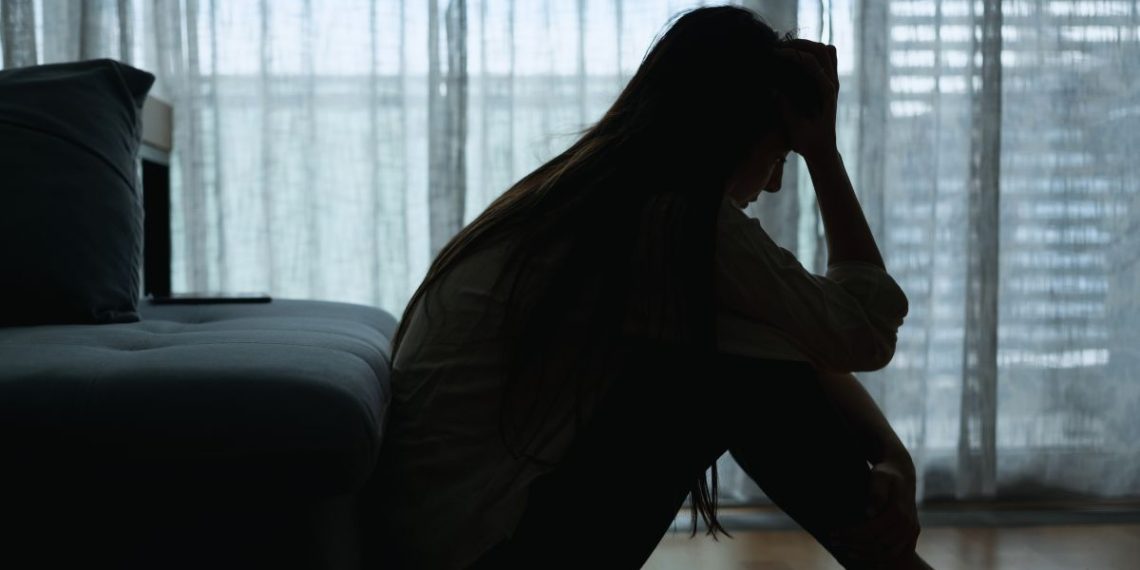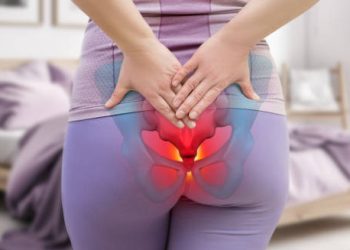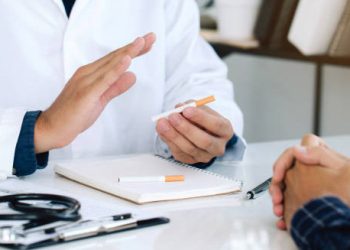We all feel down or low from time to time. It’s part of being human. But clinical depression—also known as major depressive disorder—is more than a temporary dip in mood. It’s a medical condition that can affect how you feel, think, and go about your daily life.
Depression can leave you feeling persistently sad, flat, or emotionally drained for weeks or even months. It’s not about being lazy or dramatic. And no, you can’t just “cheer up” or “snap out of it”.
However, with the right help, support, and sometimes treatment, most people with depression can and do recover.
What Does Depression Feel Like?
Depression shows up differently for everyone. Some people feel overwhelmingly sad or cry often. Others feel numb, irritable, or struggle to get out of bed. Things you once loved may no longer bring joy. You may feel hopeless, tired all the time, or struggle to concentrate.
Alongside the emotional side, physical symptoms are also common—like disrupted sleep, changes in appetite, body aches, or low energy.
It ranges from mild to severe. In milder cases, you might still manage your everyday routine, just with a heavy cloud hanging over you. In severe cases, depression can make it hard to function at all and may lead to thoughts of self-harm or suicide.
When Should You Get Help?
If your low mood has lasted more than a couple of weeks, or if it’s starting to affect your work, relationships, or overall quality of life—it’s time to reach out. Speak to a doctor or mental health professional. The sooner you get support, the sooner you can start feeling better.
Many people wait too long to get help. You don’t have to wait for things to get “bad enough”. Reaching out early makes a difference.
What Causes Depression?
There isn’t one simple cause. It can be triggered by life events—like grief, divorce, trauma, financial stress, or losing your job. Sometimes it’s linked to physical health issues or hormone changes (like postnatal depression). For others, depression appears without any clear reason at all.
Family history can also play a role, but even if depression runs in your family, it doesn’t mean you’re guaranteed to experience it.
What Helps?
Treatment looks different for everyone. For some, regular exercise and lifestyle changes help. Others benefit from therapy, support groups, or medication. Often, it’s a combination.
In milder cases, a GP might recommend self-help strategies or “watchful waiting”—keeping an eye on symptoms while encouraging positive changes. For moderate to severe depression, talking therapies (like CBT) and antidepressants are commonly used.
Severe cases may need specialised mental health care and more intensive support.
Living With Depression
It takes courage to face depression—but you don’t have to do it alone. Many people find that understanding their triggers, creating routines, and connecting with others can make a big difference.
Support is out there—whether it’s a therapist, a friend, a support group, or a helpline. You deserve to feel better, and recovery is possible.
👉 Next: The Symptoms of Clinical Depression
Below are some useful helplines:
SOUTH AFRICA:
SADAG (South African Depression and Anxiety Group)
– 0800 456 789 (24hr Suicide Crisis Helpline)
– 0800 12 13 14 or SMS 31393 (general mental health support)
Lifeline South Africa
– 0861 322 322 (24/7)
Childline South Africa (for children & teens)
– 0800 055 555
INTERNATIONAL:
Befrienders Worldwide
– www.befrienders.org
Samaritans (UK)
– 116 123 (free, 24/7)
– www.samaritans.org
National Suicide Prevention Lifeline (US)
988 or 1-800-273-TALK (8255)
Reviewed April 2025. Always consult a professional for individual guidance.
Clinical Psychologist Centurion


